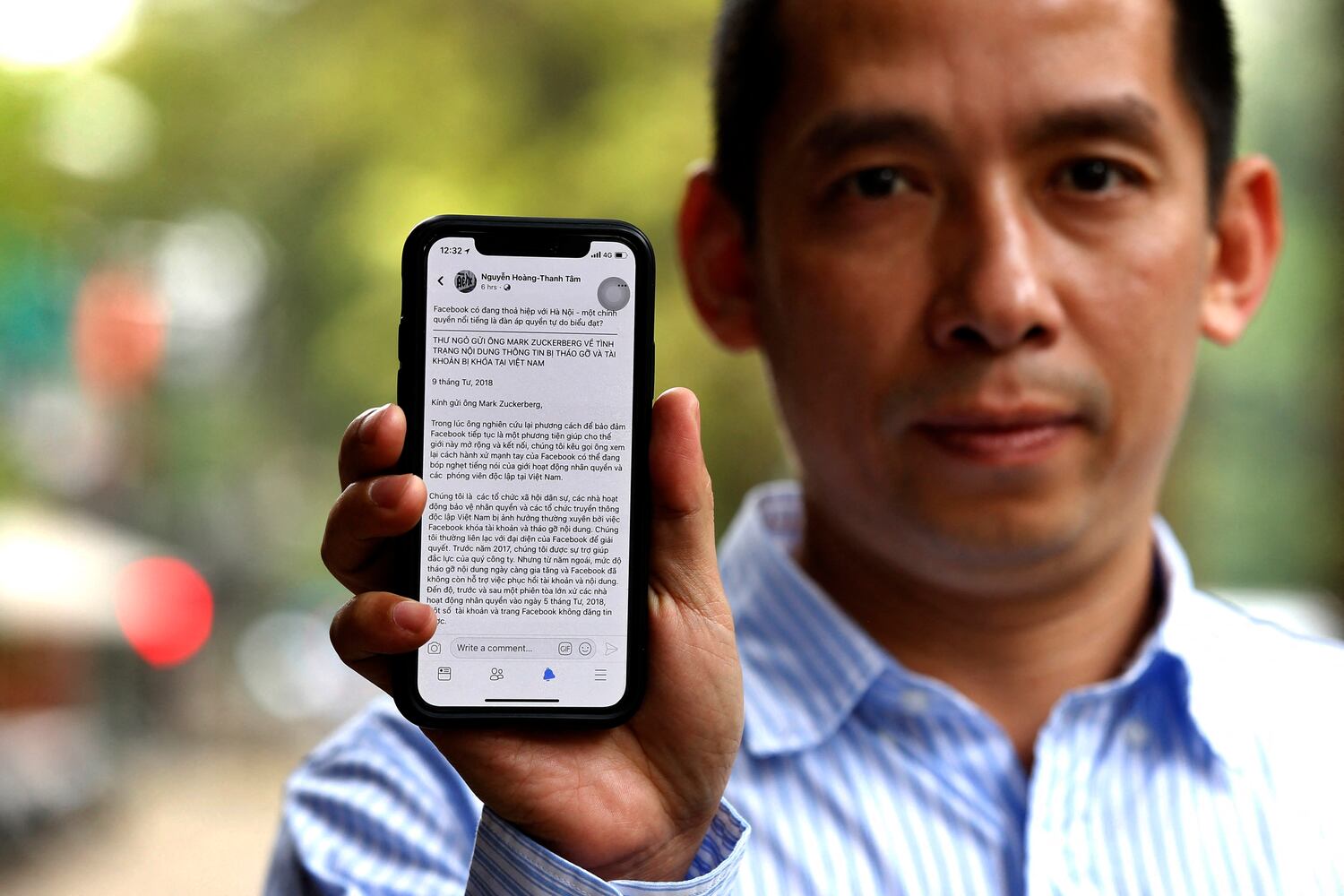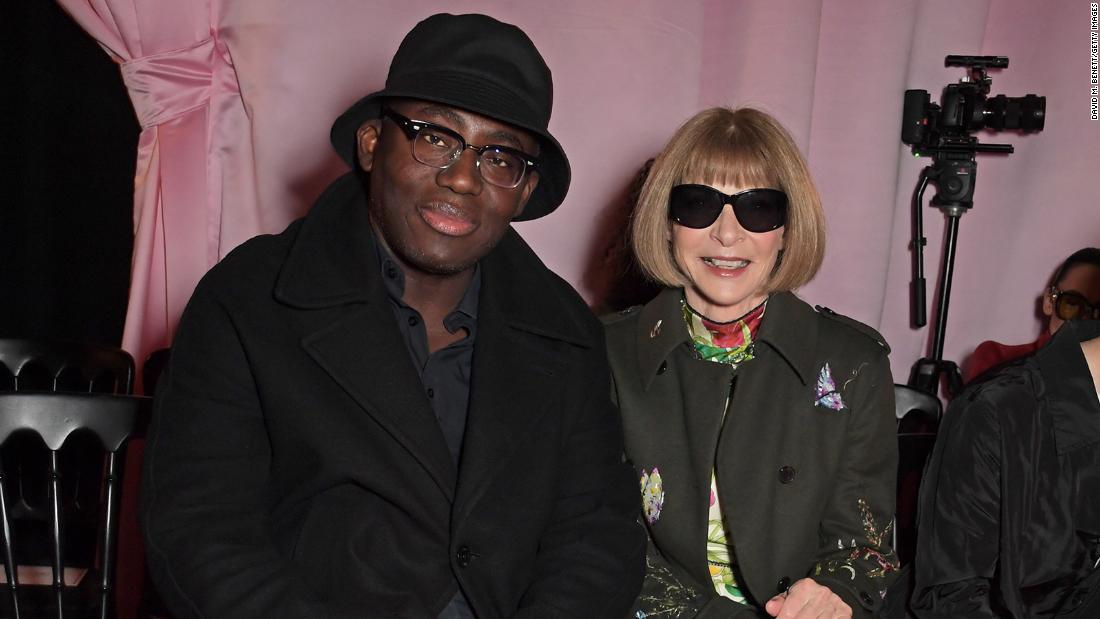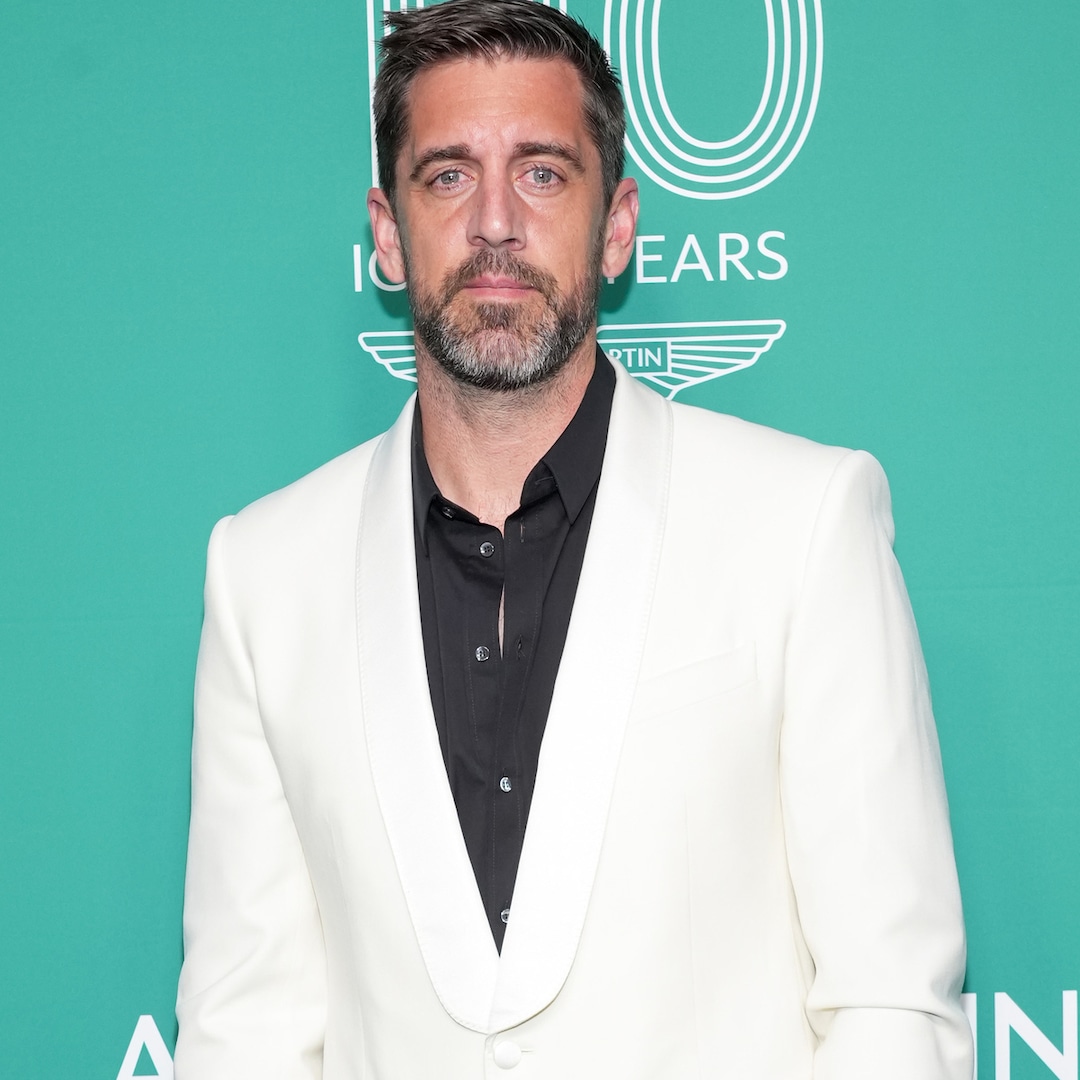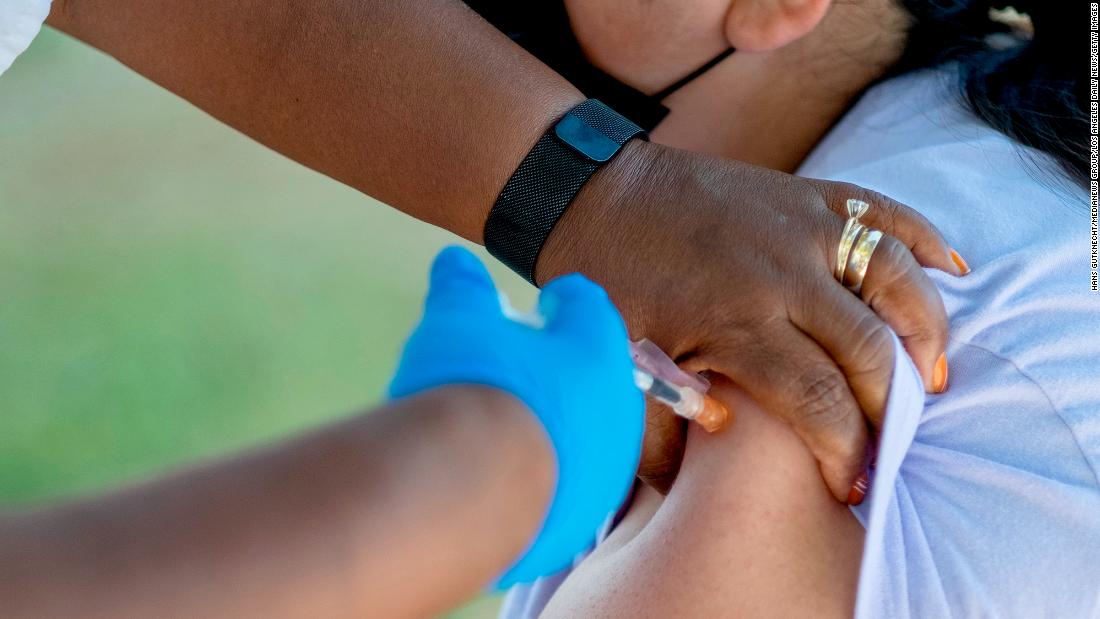Meta blocked over 3,200 pieces of content in Vietnam in the first half of 2024
The company said it restricted the content after receiving requests from two government ministries.

Read a version of this story in Vietnamese
Meta, the company that owns Facebook, blocked more than 3,200 pieces of content from being viewed in Vietnam in the first half of 2024, it said Tuesday, including a report on Vietnamese officials being accused of sexual assault during a trip to New Zealand.
In a report posted to its “Transparency Center,” Meta said it had restricted access to the content — which included 3,160 posts and 119 comments — after receiving requests from Vietnam’s Ministry of Information and Communications’ Authority of Broadcasting and Electronic Information and Ministry of Public Security.
“We restricted access in Vietnam to over 3,200 items ... for allegedly violating local laws on providing information which distorts, slanders, or insults the reputation of an organization or the honor and dignity of an individual” under Decree No. 72, Meta said.
The report marked the fifth consecutive increase in amount of content Meta blocked in Vietnam, beginning in the first half of 2022, when it restricted 982 posts and two pages and groups.
Meta provided no details on the specific content it had restricted or how it made the decision to do so, following the requests from the two ministries.
Attempts to contact Meta for additional information went unanswered Tuesday.
Report on assault blocked
RFA Vietnamese spoke with Hoang Hung, a Vietnamese man living in the Czech Republic, who said content he shared — a Dec. 12 post entitled ‘Did Vietnamese officials commit sexual harassment/assaults in New Zealand?’ — was blocked in Vietnam.
Hung told RFA that a day after sharing the content, he received a notification from Meta informing him that it was unavailable in Vietnam because “we received a request from Vietnam’s Ministry of Public Security asking us to restrict access to your post.”
“These restrictions affect people within the country,” he said. “Any information that the authorities consider unfavorable or detrimental to them is blocked.”
RELATED STORIES
Vietnamese officials accused of sexual assault during March visit to New Zealand
Social media platforms censor 15,000 pieces of ‘anti-state’ content in Vietnam
Vietnam intensifies crackdown on critics before general secretary’s funeral
Hung’s post had referred to a report last week which said that two Vietnamese security officials who visited New Zealand in March were accused of sexually assaulting two waitresses at a restaurant in the capital, Wellington, days before Prime Minister Pham Minh Chinh’s trip to the country.
According to the report, police in Wellington said they had “no doubt these two women were indecently assaulted by two men while working,” and established that the suspects “were Vietnamese officials, visiting on official business.”
However, because New Zealand has no extradition treaty with Vietnam, police were unable to begin extradition proceedings, which was why the suspects hadn’t been charged.
Violating freedom of speech
Human rights lawyer Dang Dinh Manh, whose own posts have been deleted by Meta for reasons he considers unjustified, said that by blocking content, the company was “arbitrarily violating the freedom of speech of American users.”
“In my opinion, the U.S. government, including both the executive and legislative branches, should be made aware of this issue and take timely measures to protect the freedoms being obviously infringed upon,” he said.
RFA contacted the Vietnamese Ministry of Foreign Affairs, Ministry of Information and Communication, and two Meta companies via email seeking comment on the allegations of violating freedom of expression and access to information by blocking and deleting posts, but no response had been received by press time.
In April 2020, Reuters news agency reported that Meta’s local servers in Vietnam were taken offline earlier in the year until the company gave in to the demands of the government to remove posts — a period of about seven weeks when the website was often not usable by Meta’s 65 million users in Vietnam.
International rights groups slammed Meta for caving to Vietnam, demanding that it should publicly explain how it came to the decision to comply with the government requests, and saying the U.S. and other countries should have put diplomatic pressure on Vietnam to help Meta stand up to the pressure from Hanoi.
Responding to the criticism at the time, the Vietnamese government said Meta had a responsibility to abide by local laws if it wants to do business in Vietnam.
A Meta spokesperson told RFA in 2020 that while the company doesn’t agree with the laws, “if we continued to push back on lawful government requests to block access to content in Vietnam, it is highly likely our platforms would be blocked in their entirety.”
Restrictions by other companies
According to statistics from the Vietnamese government, global social media platforms Facebook, Google, and TikTok censored more than 15,000 pieces of content deemed to be “anti-Party and anti-state,” over the past year in Vietnam.
The statistics showed that Facebook censored 8,981 posts, Google censored 6,043 pieces of content, and TikTok applied censorship measures to 971 videos considered to be in violation of local laws, and that the three companies had complied with more than 90% of Hanoi’s requests.
Between 2011 and mid-2024, the Vietnamese government made a total of 2,776 requests to remove 83,129 videos and posts from Google platforms, including YouTube, Google Maps, Google Play Apps, and Blogger.
Translated by Anna Vu. Edited by Joshua Lipes and Malcolm Foster.











